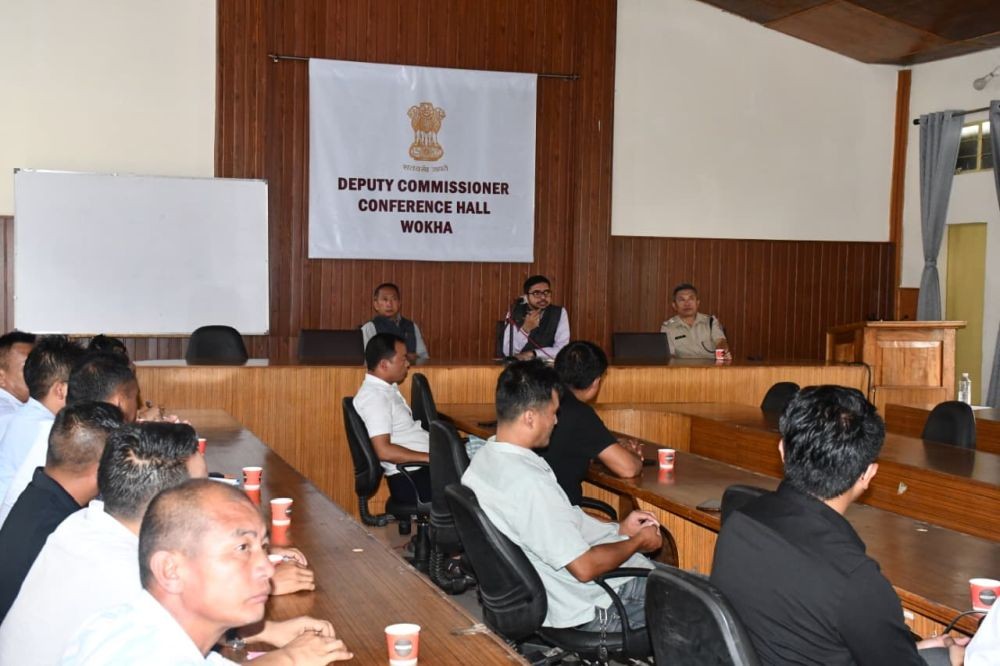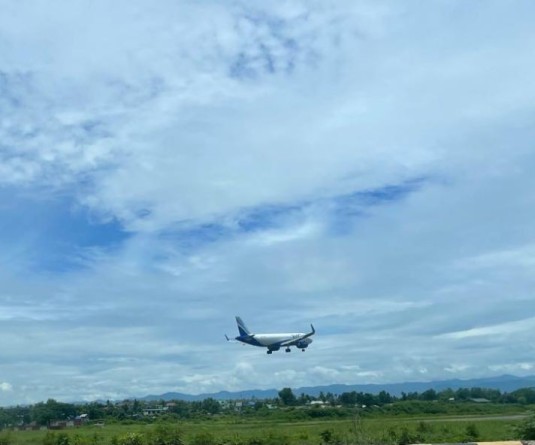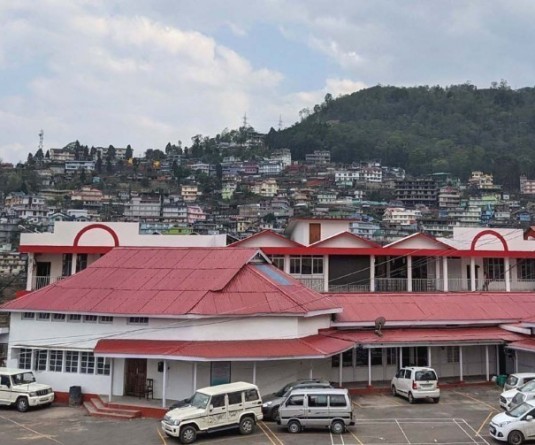DC Wokha, Vineet Kumar chairing the meeting on Clean Doyang Mission Phase II on August 22 in the conference hall of DC Wokha (DIPR Photo)

WOKHA, AUGUST 22 (MExN): A coordination meeting on the upcoming Clean Doyang Mission Phase-II was held at the Deputy Commissioner’s Conference Hall here on Friday under the chairmanship of Vineet Kumar, IAS, Deputy Commissioner, Wokha. The meeting was convened to deliberate on ideas, suggestions and strategies for the second phase of the mission.
Officers from various government departments and representatives from NGOs actively participated in the discussion. The meeting also included a review of the successful completion of Clean Doyang Mission Phase-I, conducted in June 2024, which provided valuable insights into the challenges faced during the operation, particularly the accumulation of waste and debris across the river and dam areas.
Based on recent surveys and findings, it was noted that this year, waste has been scattered across a significantly larger portion of the river, affecting both the left and right banks. This widespread accumulation poses operational difficulties, especially in deploying heavy machinery like JCBs, which tend to sink due to siltation along the riverbanks. Additionally, the hot and humid conditions in the area make daytime operations physically demanding.
Several key challenges were highlighted, including extensive spread of waste across inaccessible zones, siltation making ground unstable for machinery, harsh weather conditions limiting work hours, to enhance the effectiveness of Phase-II.
Valuable suggestions were shared such as construction of barricades at strategic locations to prevent floating debris accumulation, deployment of trash skimmers to clean surface waste efficiently and exploring long-term and permanent solutions to maintain cleanliness and prevent future buildup.
The Deputy Commissioner encouraged all stakeholders to contribute ideas and suggestions for the mission. He also advised the concerned teams to conduct site visits to assess the feasibility of barricade construction and determine suitable operational approaches.
Furthermore, the DC appealed to NGOs and departmental representatives to be prepared to mobilise volunteers when required, emphasising the importance of collective effort and community participation in ensuring the success of the mission.
The meeting concluded with a shared commitment to make Clean Doyang Mission Phase-II more effective, sustainable and inclusive.





